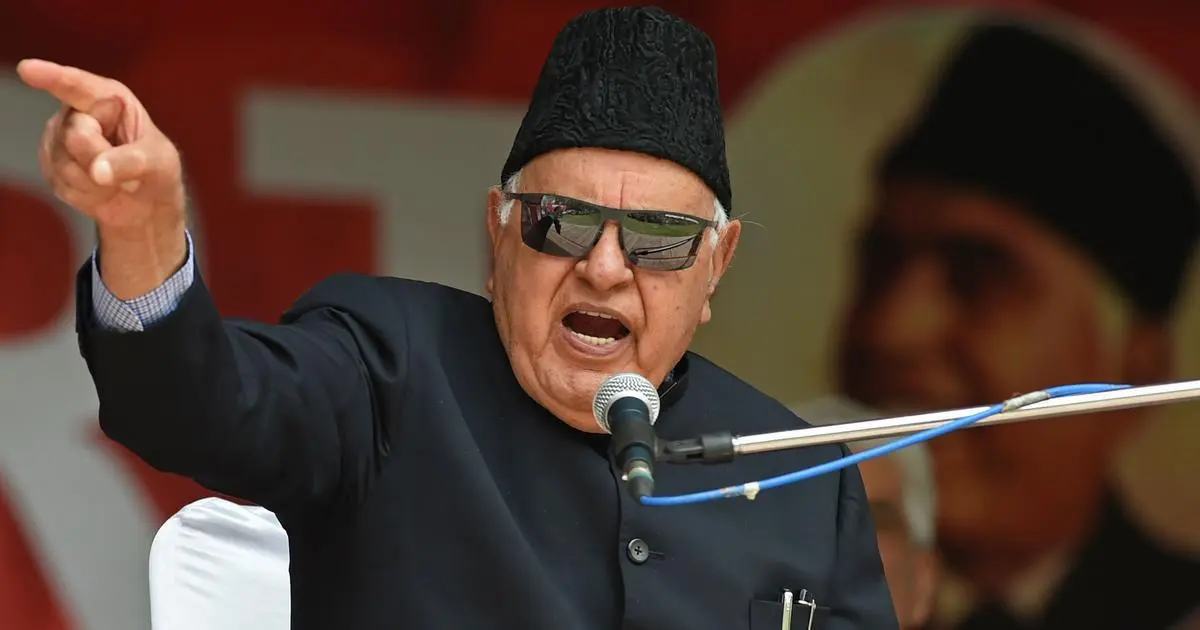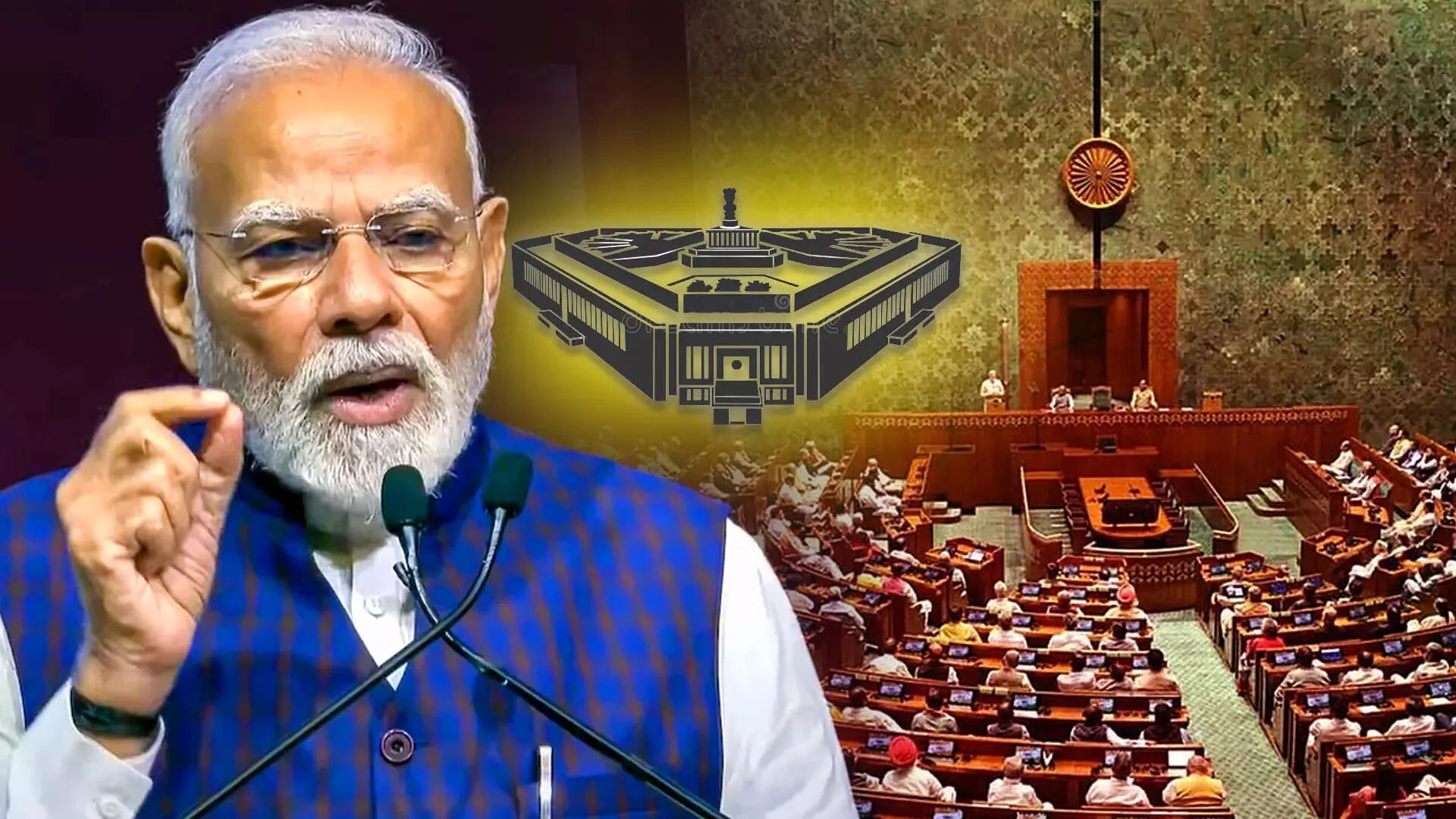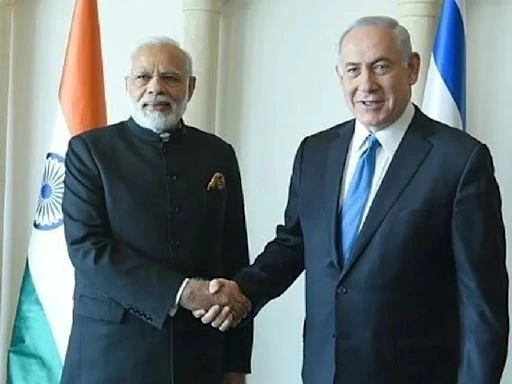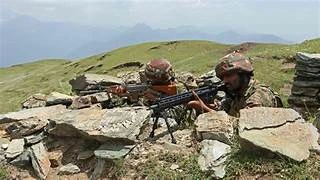21 Oct 2024, 1:30 PM In a shocking act of violence, the Ganderbal district in Kashmir witnessed a terror attack that has reignited concerns about the security and political stability in the region. The Ganderbal Terror incident, which took place in October 2024, resulted in the loss of lives and injuries, casting a shadow of fear and uncertainty over the area.
While terror attacks in Kashmir are not new, each act of violence disrupts the fragile peace that residents strive to maintain.
The Ganderbal terror incident comes at a time when the political discourse surrounding Kashmir has been highly charged, with various leaders and parties voicing their perspectives on the region’s future.
The incident has once again sparked debates about the need for peace and stability from a political and security perspective.
Farooq Abdullah’s Response to the Ganderbal Terror Incident
Following the attack, veteran politician and leader of the Jammu & Kashmir National Conference, Farooq Abdullah, made a strong appeal for peace and dignity in Kashmir.
In his statement, Abdullah emphasized that the people of Kashmir deserve to live with honor, free from the shadow of violence.
His powerful words, “Let us live with dignity,” resonated with many weary of the region’s decades-long conflict.
Abdullah reiterated that terrorism and violence are not the solutions to Kashmir’s issues.
He firmly rejected any notion of Kashmir becoming part of Pakistan, stating, “Kashmir Pakistan Nahi Banega” (Kashmir will not become Pakistan).
His statement reflects his long-standing belief that the future of Kashmir lies in maintaining its unique identity and ensuring peace, not being drawn into further conflict or external influence.
The Call for Peace and Stability in Kashmir
The Ganderbal terror incident highlights the ongoing struggle that Kashmiris face as they strive for peace and stability.
Over the years, the region has been a battleground for various militant groups, leading to a cycle of violence and unrest.
Farooq Abdullah’s call for dignity and peace is a reminder that the people of Kashmir yearn for a future where they can thrive without fear.
Abdullah, who has been a key figure in Kashmir’s political landscape for decades, has consistently advocated for a peaceful resolution to the conflict.
His recent statements following the Ganderbal terror incident underline his belief that dialogue and mutual respect are the only way forward.
By rejecting violence, he appeals to all stakeholders—both within Kashmir and beyond—to prioritize the well-being of the people and work towards lasting peace.
Impact of the Ganderbal Terror Incident on Kashmir’s Political Landscape
The Ganderbal terror incident has added new dimensions to the ongoing political discussions in Kashmir.
The region has always been at the heart of Indo-Pak relations, and each terror attack intensifies the complexity of the situation.
Abdullah’s strong stance against terrorism and his emphasis on maintaining Kashmir’s dignity is likely to influence political conversations in the coming weeks.
The incident also raises concerns about the security apparatus in the region, with questions being asked about how such attacks continue to happen despite heightened military presence.
For Kashmiris, the situation remains challenging, as they balance their aspirations for peace with the harsh realities of living in a conflict-prone area.
Moving Forward After the Ganderbal Terror Incident
In the aftermath of the Ganderbal terror incident, there is a renewed call for peace, dialogue, and a focus on development in the region.
Farooq Abdullah’s statements reflect the sentiments of many Kashmiris who want an end to the cycle of violence.
As the region continues to navigate its future, the focus must remain on the well-being of the people, ensuring that they can live with dignity and without fear.
The Ganderbal terror incident is a grim reminder of the challenges Kashmir continues to face.
However, leaders like Farooq Abdullah provide a voice of reason and hope, urging a peaceful resolution to the conflict.
The path to peace may be long, but the commitment to dignity and stability must remain unwavering.





